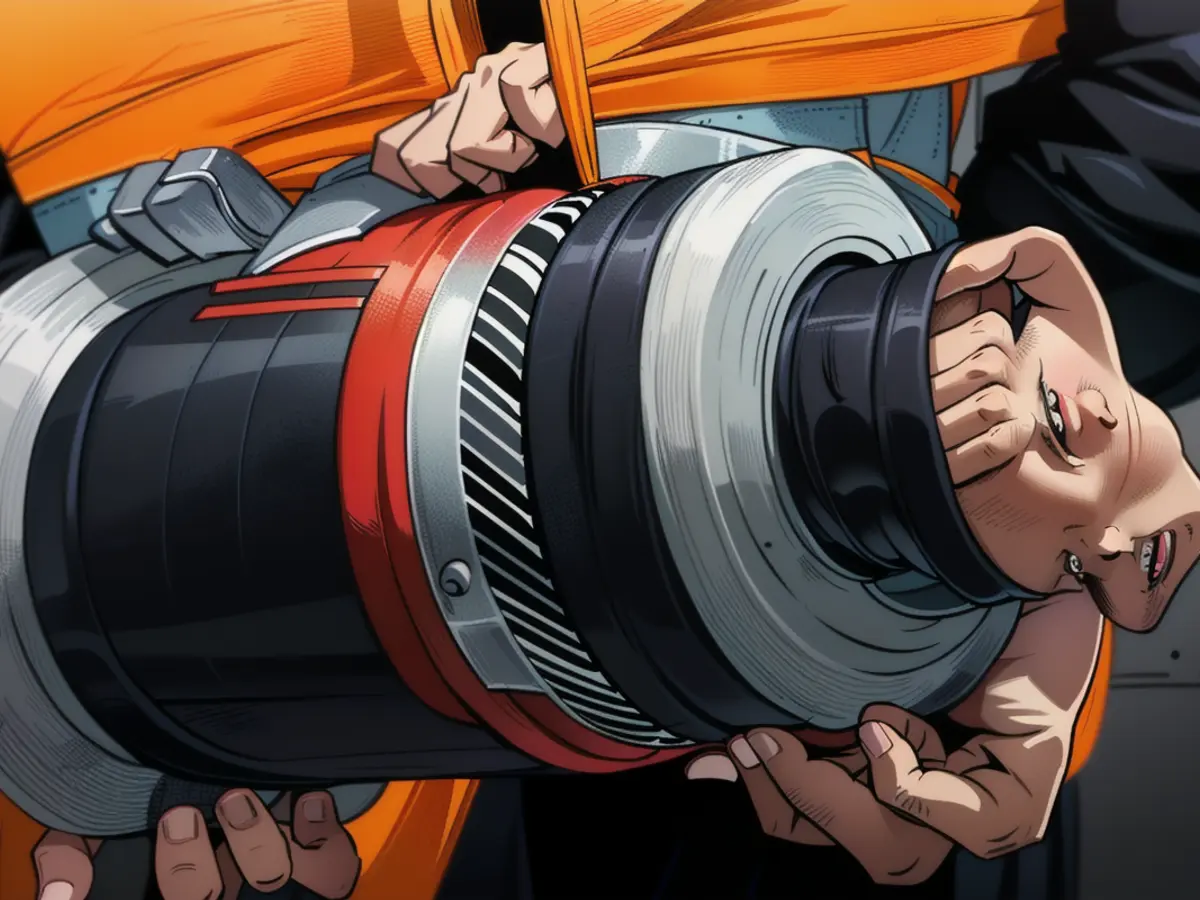Shift to clean energy sources - Underground cable plans remain unchanged for North Rhine-Westphalia.
The discussion surrounding the expenses of extending the power grid has sparked a disagreement between the North Rhine-Westphalia state administration and those advocating for overhead power lines. The state government has firmly denied any consideration of re-planning cable projects into overhead lines.
In response to an inquiry from the German Press Agency (dpa), the ministry confirmed that it is monitoring the ongoing debate with great worry. While cables are more expensive than overhead wires, they have held legal priority since 2016.
The ministry stated, "In densely populated industrial regions like North Rhine-Westphalia, cables play a vital role in acceptance. If we were to re-plan, we risk losing a significant amount of support on-site. This, in turn, could postpone the already-accelerated approval processes due to the sheer number of objections." However, it's crucial to move forward with expanding the power grid as soon as possible.
To meet the energy transition requirements, thousands of kilometers of new long-distance power lines need to be installed across Germany. These 'power highways' are designed to transport wind power from the north to the south, and a considerable portion of them should be cables. Unfortunately, cables are significantly more costly than overhead lines, which can prepare the ground for a potential change in course.
Contrarily, North Rhine-Westphalia remains firm in their stance. The ministry expressed that shifting from cables to overhead lines would necessitate the search for three new preference areas for overhead line routes for the newly confirmed new projects, which, together with a legislative procedure, could result in considerable delays of at least one year. Moreover, bird protection concerns are more prominent with overhead lines, potentially adding another year to the process in the preparation of application documents. Furthermore, the planning procedure could be prolonged by three years. In their estimation, the delay risk for grid expansion is a minimum of "five years".
Read also:
- Despite the higher costs associated with underground cables, the plans for North Rhine-Westphalia remain unchanged, as overhead power lines are viewed as less acceptable in densely populated industrial regions.
- The BMWi, or Federal Ministry for Economic Affairs and Climate Action, has voiced concern over the ongoing debate regarding the expansion of the power grid and the preference for underground cables over overhead lines.
- In response to the current discord, North Rhine-Westphalia has emphasized the potential consequences of reconsidering the use of underground cables, such as delays in the approval processes and increased bird protection concerns.
- The energy transition in Germany requires the installation of thousands of kilometers of new long-distance power lines, many of which should utilize cables due to their role in acceptance and the costly nature of overhead lines.
- If North Rhine-Westphalia were to shift its focus to overhead lines, it would need to identify three new preference areas for the new projects, which could result in delays of at least one year and additional obstacles in the preparation of application documents.
- The energy transition, fueled by alternative energies and the reliance on clean energy sources, necessitates the swift expansion of the power grid, so any delays in the implementation could jeopardize the timely transition to a more sustainable energy system.








